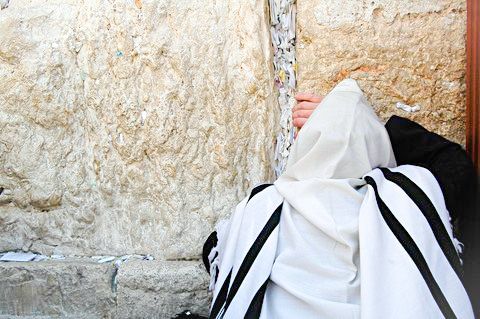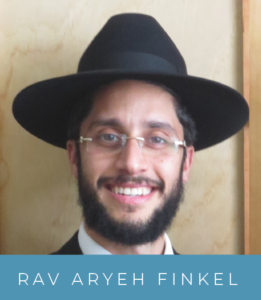Adapted from the writings of Dayan Yitzhak Grossman April 18, 2024 AP News reports: A…

Q&A from the Bais HaVaad Halacha Hotline
Mom and Pop
December 14, 2023
Q when davening for a sick person, why is he referred to as the son of his mother? When davening for other needs, e.g., that a soldier be protected, should I use his mother’s name as well? What should I do if I don’t know it?
A Although Hashem knows all, tfilah should be clear, so the patient should be identified, by naming a parent (Aruch Hashulchan O.C. 119:1).
As to the source for using the mother’s name, many cite the Gemara that says to use a patient’s mother’s name when reciting certain therapeutic incantations (Shabbos 66b), and they extend this to prayer.
Others cite the Zohar (Lech Lecha) on the pasuk (Tehillim 86:16) where Dovid Hamelech asks Hashem “And save the son of your handmaid.” The Zohar deduces from here that a patient’s mother is referenced in tfilah. (This source would extend the principle to davening for matters other than recovery from illness.)
Various reasons are offered, but most Acharonim seem to follow the Maharshal’s (Shabbos ibid.) explanation that the mother is the more clearly identified parent.
If the mother’s name is not known, various solutions are advanced. Some say to use the father’s name (see Aruch Hashulchan ibid.), some to use only the patient’s own name, and others to use his first and last name (Orchos Rabeinu, Tfilah 75). Still others say to use the patient’s own name ben/bas Chavah, because Chavah was called “the mother of all the living” (Yalkut Yosef, Bikur Cholim 1:20).
Some say that when davening for a person who was adopted as a child, the name of the adoptive mother can be used (Orchos Rabeinu ibid. 74).






